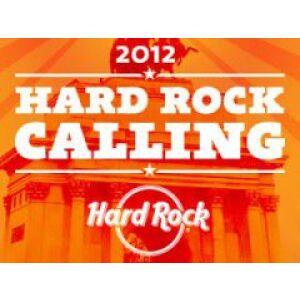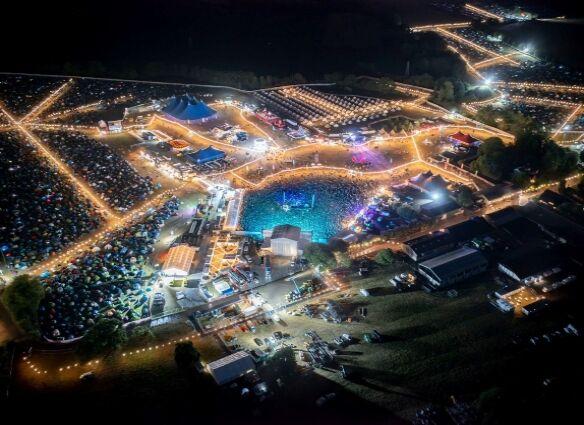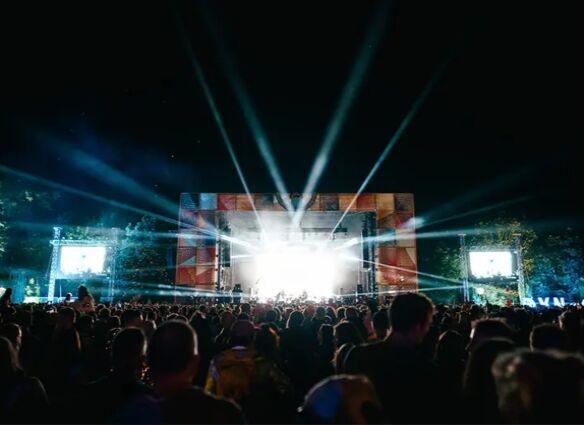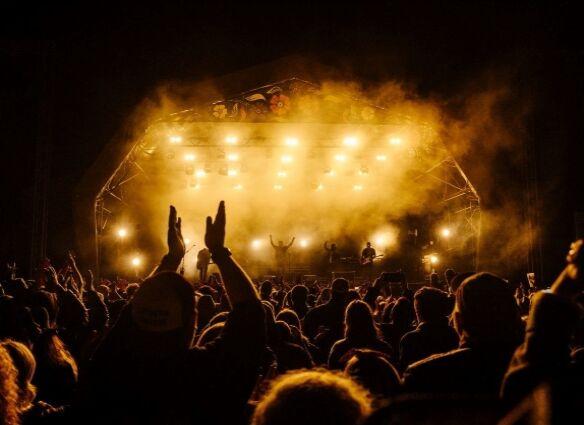Social Links
| Hard Rock Calling 2012 | ||
|
12th - 14th Jul 2012 Hyde Park, Park Lane, London, W2 2UH, United Kingdom |
Tickets from £0.00 |
|
Singer to play in Hyde Park as part of anniversary celebrations likely to revive row over 1985 visit to South Africa
It was one of the most divisive shows in British pop history. On 7 April 1987, Paul Simon brought his best-selling Graceland project to the Royal Albert Hall in London for the first of six sold-out concerts.
On stage, he was joined by the cream of South African musicians, including Hugh Masekela, Miriam Makeba and Ladysmith Black Mambazo, but outside, leading British musicians joined people protesting that Simon had broken the ANC's cultural boycott of apartheid-era South Africa.
They included Billy Bragg, Paul Weller and Jerry Dammers, famous for writing one of the great anti-apartheid anthems, Nelson Mandela. They had delivered an angry letter to Simon, asking him to apologise.
Now, 25 years on, the Guardian can reveal that Paul Simon is reviving Graceland and returning to London for a concert in Hyde Park on 15 July as part of the Hard Rock Calling festival.
Simon will be joined once again by Ladysmith Black Mambazo and other South African musicians, though not by Hugh Masekela.
And there will be a newcomer, Jamaican star Jimmy Cliff, who sang on the pro-cultural boycott song Sun City. The 25th anniversary celebrations will also bring new editions of the album, and the UK premiere of Joe Berlinger's documentary Paul Simon: Under African Skies.
The revival seems certain to be a massive commercial success: Graceland sold 14m copies worldwide when it was released, and remains Simon's most popular solo work, winning two Grammys and producing three hit singles. But the concert, and Berlinger's well-judged film, are bound to revive the arguments about Graceland and apartheid.
Looking back on the demonstration, Bragg said: "It pained me to be part of that because I'm a Paul Simon fan, but he was on the wrong side of the argument despite his good intentions. The cultural boycott was part of the economic boycott that brought South Africa to heel. Paul Simon set his own terms, and that had to be done by people on the ground."
Dammers said: "I still believe he was wrong to go there and contravene the boycott, but that's in the past. It's the time not to forgive and forget, but to remember and forgive.
To read the full article in the Guardian by Robin Denselow clik HERE





